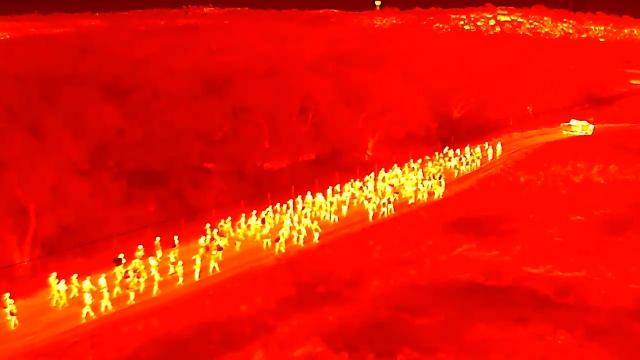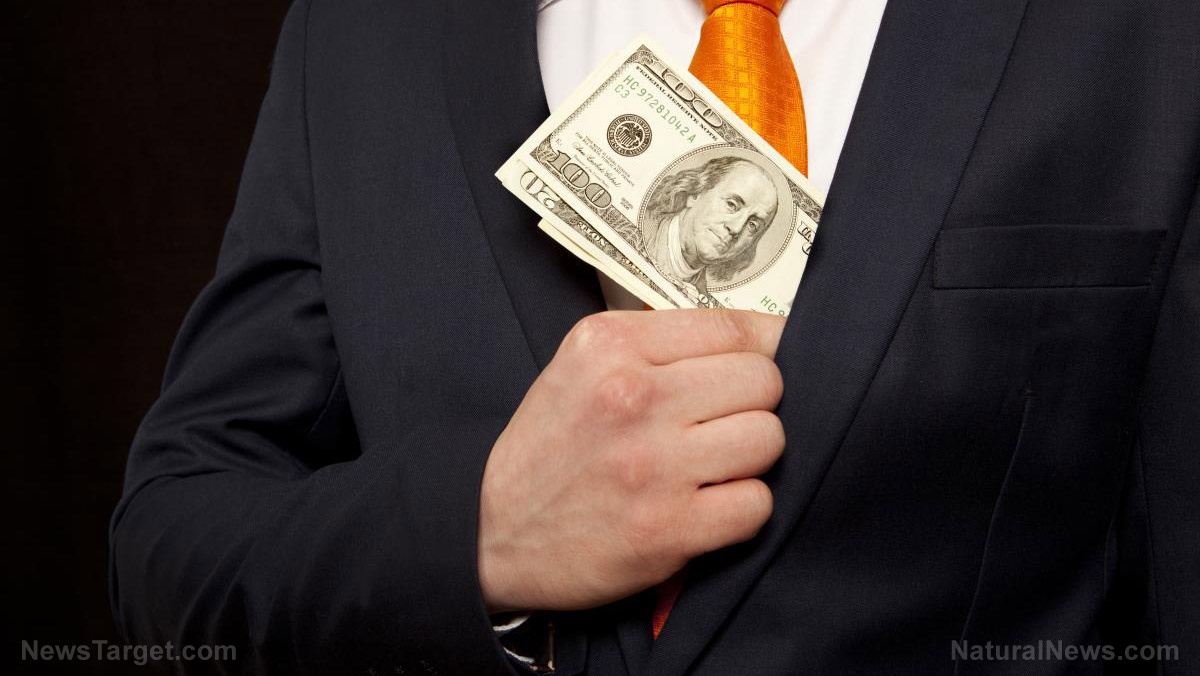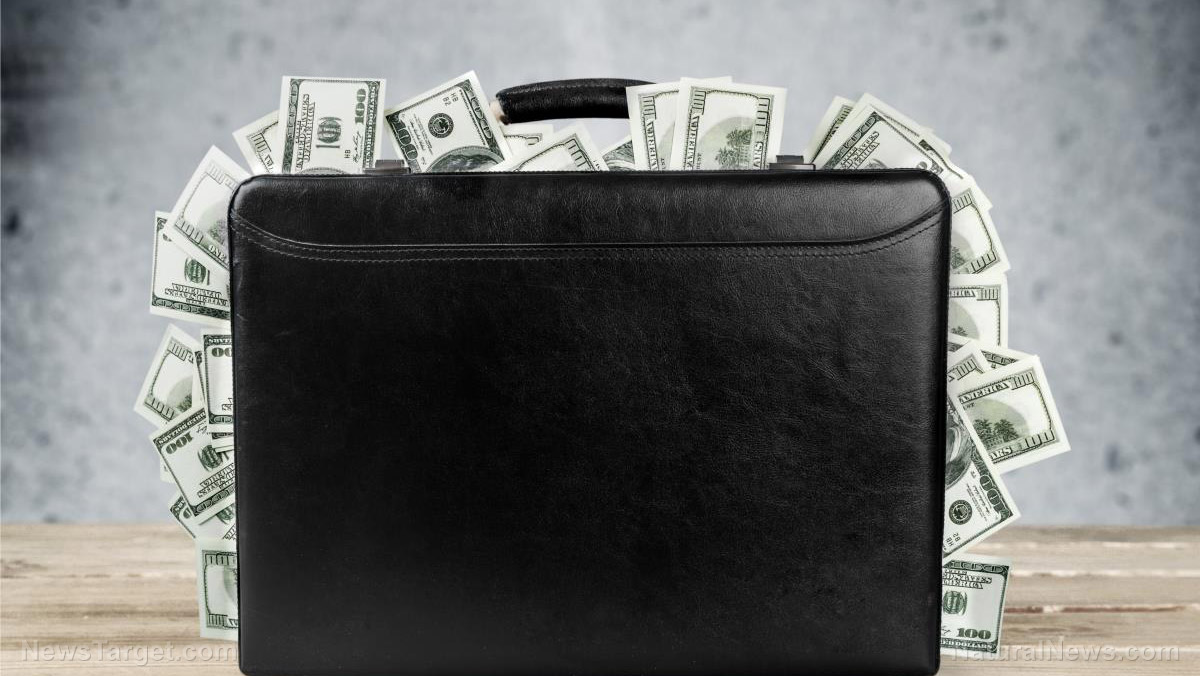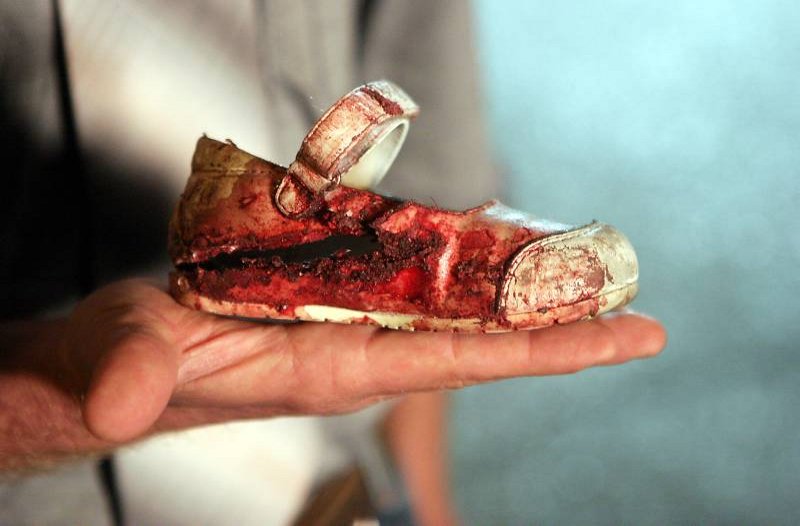 Parler
Parler Gab
Gab
Deep State won't go down without a fight
To ensure the new policy is a success, Tether is actually onboarding several federal law enforcement agencies, including the Secret Service and the FBI. Tether in the past also helped the DOJ "thwart bad actors and aid victims' recovery." In its latest letter, Tether listed all the ways in which it aims to stop people from using USDT for illegal purposes, including by having a "strong" know-your-customer (KYC) and anti-money laundering (AML) program that is at least as good as those utilized by "sophisticated financial institutions." On behalf of the Financial Crimes Enforcement Network (FinCEN), the Internal Revenue Service (IRS) conducted a Title 31 examination of Tether's KYC / AML program. Tether is registered as a Money Service Business with FinCEN. Tether pays third-party companies like Chainalysis and WorldCheck to perform due diligence and background checks on all new potential customers. The company also uses Chainalysis and WorldCheck to fun continuous news and information checks on existing customers to keep their information up to date. Most of Tether's thousands of customers are accredited individuals, trading firms and institutions, the company maintains. Compared to other companies that handle millions of customers, Tether with its mere thousands is able to perform "much more thorough due diligence," it insists. Tether is right now also working with Chainalysis to secure a comprehensive independent analysis of USDT transactions across numerous major blockchains. There are also efforts afoot to expand Tether's real-time monitoring capabilities. Specifically with regard to government agencies, Tether uses Chainalysis' Reactor Tool to monitor transactions and identify high-risk or suspicious activity, i.e., transactions involving mixers or sanctioned wallets. All of this is of course aimed at keeping the establishment at the top of the food chain. The advent of decentralized cryptocurrencies poses a threat to fiat "funny money" like the U.S. dollar, which is one of the most subversive Ponzi schemes to ever exist. Tether is also partnering with NBCTF, Israel's "anti-terrorist" financing agency, to identify and freeze wallets associated with Hamas and other organizations that Israel regards as "terrorist" organizations. The latest news about American finance can be found at FinanceRiot.com. Sources for this article include: CryptoSlate.com NaturalNews.comSupreme Court trashes all lawsuits against Biden for damage caused by vaccine mandates
By Ethan Huff // Share
NGOs “carefully planned” mass migration INVASION in America, report reveals
By Ethan Huff // Share
DOLLAR EXODUS: Investors scooping up “safe haven” assets like gold, bonds
By Ethan Huff // Share
Over 1,000 children in Gaza amputated mostly WITHOUT ANESTHESIA
By Richard Brown // Share
Governments continue to obscure COVID-19 vaccine data amid rising concerns over excess deaths
By patricklewis // Share
Tech giant Microsoft backs EXTINCTION with its support of carbon capture programs
By ramontomeydw // Share
Germany to resume arms exports to Israel despite repeated ceasefire violations
By isabelle // Share










